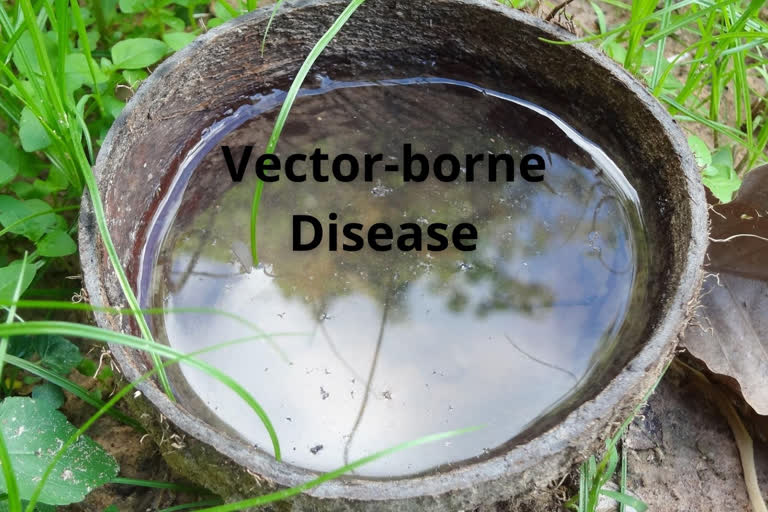Monsoon in India is a reason for celebration for festivals and agriculture-related activities and a cause for worry over diseases that breakout caused by mosquitoes. Every year the country witnesses a plethora of diseases caused by mosquitoes and other vectors, that are at times life-threatening. With the onset of Monsoon, what precautions should we take to stop these diseases? ETV Bharat's Sukhibhava Spoke to Dr. Ranganayukulu.
Rainy season precautions!
The climate and season change causes a lot of diseases, here is what our expert, Dr. Ranganayakulu has to say that could be done to stay safe during the rainy season from the vector-borne diseases:
- Do not let stagnated water get collected in the surroundings.
- Fogging should be done regularly to stop mosquitoes breeding
- Mosquito larva eating fish like Gambusia could be put in the ponds or wells to stop mosquitoes breeding.
- Extra caution should be taken early in the morning or late in the evening, as mosquitoes are most active at this time.
- While going out one should wear full sleeve clothes and apply mosquito repellants as well.
- Food should be properly covered as a parasite like Giardia a microscopic organism may contaminate the food, these parasites are carried by flies as well, this one should be careful.
- There is a very high risk of Gastro-intestinal infections in the rainy season, thus one should drink boiled water.
- Defecation in the open adds to the problem during the monsoon, thus one should be careful with it.
- Keep everyone in your family safe by ensuring the use of mosquito nets while sleeping.
Dietary Recommendations and restrictions during Monsoons:
- Always eat homemade freshly cooked food
- Avoid eating outside
- Consume a lot of green and colored veggies
- Avoid fish, or meat unless it's fresh
- Stay hydrated
- Always include seasonal fruits in your diet
All these steps will help greatly to prevent vector-borne diseases. A periodic health check-up should be done, However, if you exhibit any symptoms go for a proper blood test, after consulting a doctor.
Inputs from:
Dr. P.V. Ranganayukulu
Former Professor (Medical Physiology)
S.V. Ayurveda Medical College, Tirupati



